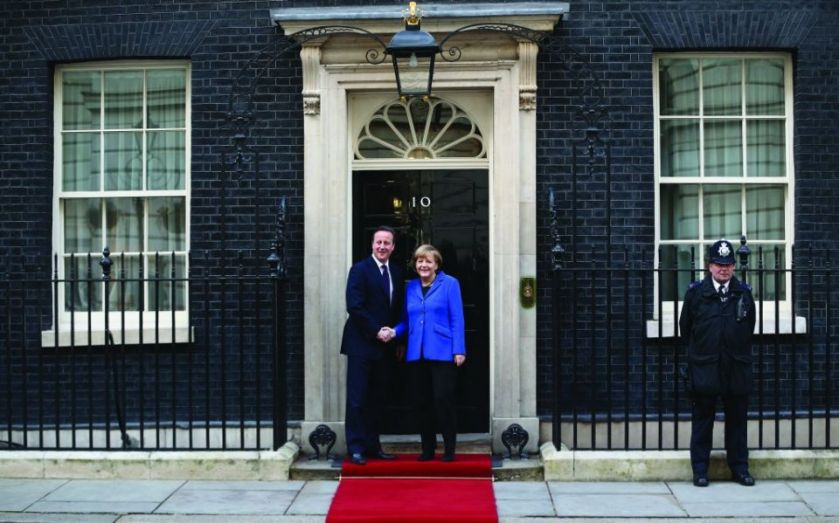The City must make the case for EU reform – for the sake of all Europe

The General Election looms large at the start of this New Year. For practical reasons, business prizes stability and places a premium on calm trading conditions, as major changes in policy have an unsettling effect on potential investors. And few decisions will have such a far reaching impact on the UK economy as what we choose our future relationship with the EU to be. But that is exactly the issue that will be contested at the election. Indeed, just this weekend, the Prime Minister indicated that he would be “delighted” if a proposed In/Out EU referendum could take place sooner than 2017.
Yet while business leaders tend to support staying in the EU, it is not uncritical support. Reform is often cited as the price of continued membership.
The evidence to support this argument is hard to ignore. Our research, and that of many others, has shown time and again that leaving the EU would pose significant risks to the UK’s economic recovery, potentially deterring inward investment and making access to the Single Market more difficult.
It would be wishful thinking to suggest that the EU is optimally efficient and effective, however. Growth in the region has been disappointingly low, with unemployment, especially among young people, remaining a major social and economic issue. Today, the EU can seem remote from the citizens of Europe, with its real impact limited or bringing little benefit to their everyday lives. Reform must address these challenges.
The City is Europe’s financial centre, its beating economic heart. It is therefore ideally placed to propose where reform is needed and to support those changes that will directly benefit Europe’s corporate sector, and its citizens, in areas such as deepening the Single Market and mapping out a successful Capital Markets Union. This can be best achieved in just a few ways.
First, the core principles of a reformed EU should be subsidiarity and proportionality – “national where possible, Europe where necessary”, as the Dutch government has proposed. This guiding light would help Europe’s politicians better focus on the areas where the EU needs to go to work, and where any action is simply best left to national Parliaments.
Second, we need a renewed passion for the Single Market as the engine for growth. While much political attention has rightly been focused on the need to stabilise the Eurozone economies and has led to measures such as the creation of the Banking Union, the time has now come to reignite interest in the development of the Single Market. Creating a Single Market Council, replacing the current Competitiveness Council, to bring a sustained focus on Single Market innovation would be one way to help achieve this. The ultimate goal should be to build a more competitive, deeper Single Market that is better engaged with meeting the needs of people right across Europe, and which attracts business from around the world. Areas such as digital innovation and energy security offer potential to spur growth.
Third, pushing for an ambitious and comprehensive completion of the free trade agreements currently in-flight would be a major catalyst for growth. Just completing the EU/US agreement, TTIP, offers the opportunity for lasting economic expansion.
Fourth, the development of a successful Capital Markets Union would give Europe’s SMEs better access to a richer eco-system of debt and equity finance and offer new growth potential. Such a union would include angel finance, venture capital, and technology-enabled finance, such as peer-to-peer lending and crowdfunding, as well as structurally more substantial areas such as private placements and, of course, reopening securitisation markets. But to avoid the risk of stifling innovation, policymakers must begin by understanding the needs of the corporate sector, and must not just design a regime which suits the regulators.
The way ahead is not simple, but this is a moment of opportunity for the EU to refocus on the challenges of the future and build a Single Market that is dynamic and fully engaged with the global economy. As Europe’s financial hub, and by being at the heart of EU capital markets, London will inevitably have a significant and important role to play.
There’s no doubt that 2015 will be a pivotal year for the EU. While the General Election will sharpen debate about the UK’s place in Europe, we must not fall into the trap of thinking that other business leaders and politicians across Europe do not want reform. The message I hear time and again is that they value the UK asking the difficult questions and pushing for reform. The trick for our political leaders will be to secure reform that benefits all by pushing just hard enough. It looks like another “Goldilocks” challenge for the year ahead.
Chris Cummings is chief executive of TheCityUK.